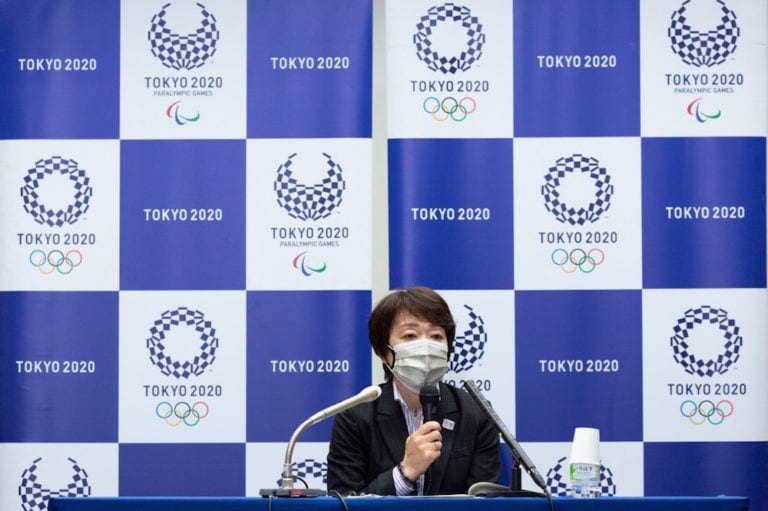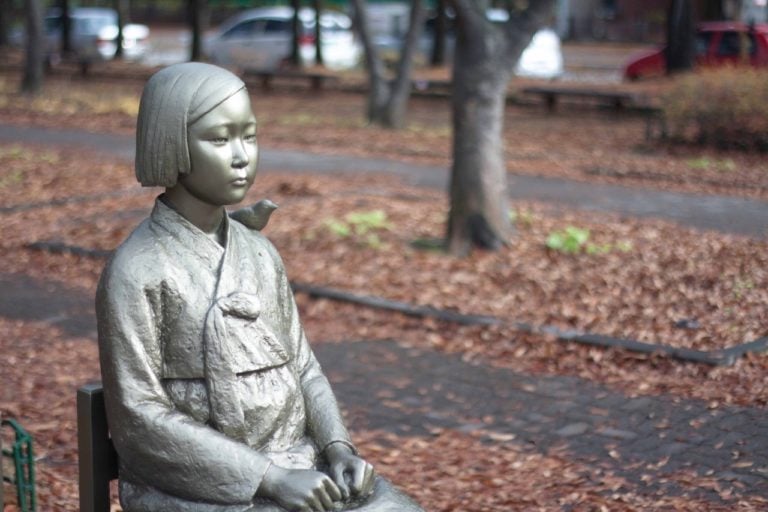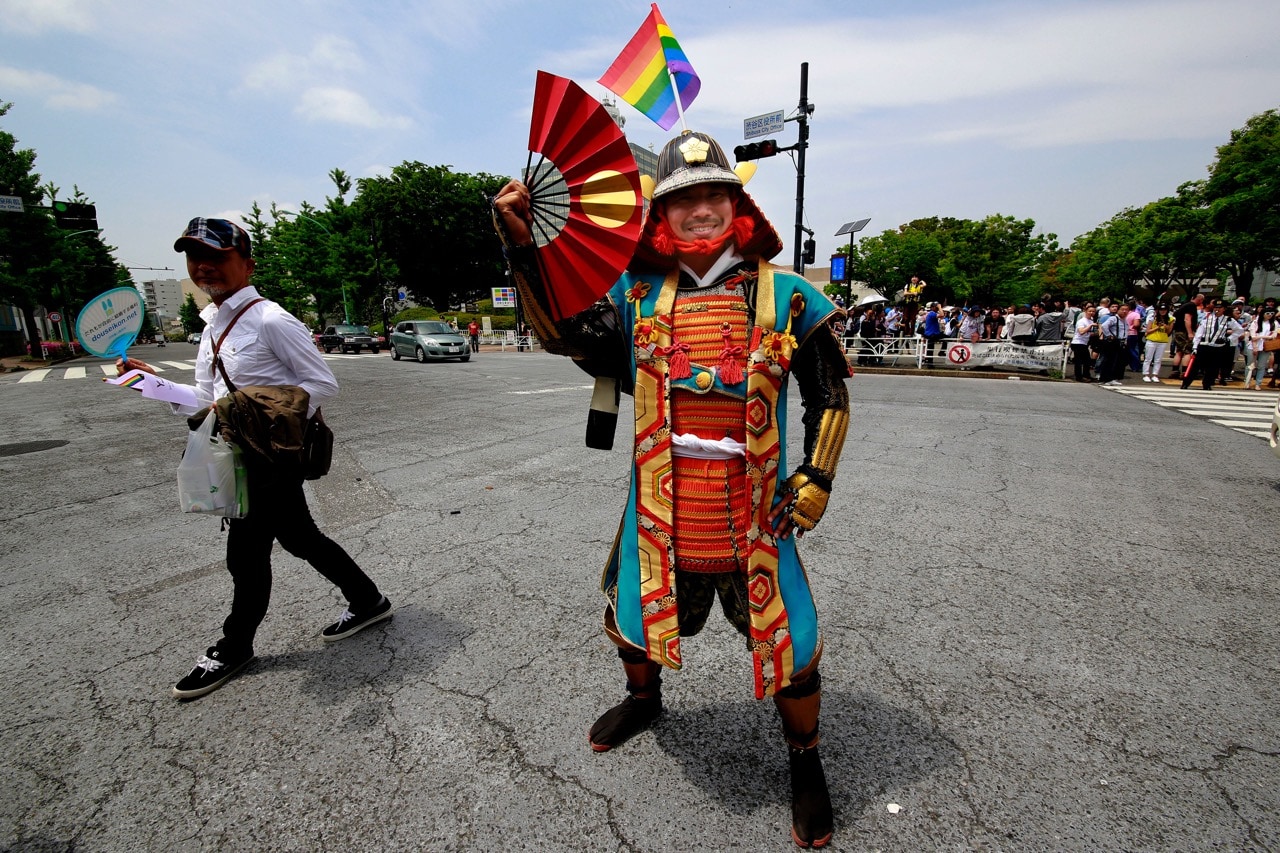(RSF/IFEX) – Reporters Without Borders strongly condemned a fire-bomb attack against the offices of the financial newspaper “Nihon Keizai Shimbun” (“Nikkei”) in Tokyo overnight on 20-21 July 2006, causing minor damage but no injuries. No arrests have been made but the attack bears all the hallmarks of the extreme right-wing fringe groups (Uyoku). The bombing […]
(RSF/IFEX) – Reporters Without Borders strongly condemned a fire-bomb attack against the offices of the financial newspaper “Nihon Keizai Shimbun” (“Nikkei”) in Tokyo overnight on 20-21 July 2006, causing minor damage but no injuries.
No arrests have been made but the attack bears all the hallmarks of the extreme right-wing fringe groups (Uyoku).
The bombing appears to be linked to a recent exclusive story in the paper based on the private diaries of a close aide to former Japanese emperor Hiro Hito, which said that from 1978 the emperor refused to visit the Yasukuni sanctuary after 14 Japanese war criminals were included in the Shinto shrine which honours the dead of World War II.
“‘Nikkei”s courageous revelations have infuriated ultra-nationalist groups, but also Japanese Prime Minister Junichiro Koizumi, who makes a point of visiting the controversial shrine,” said the press freedom organisation.
“Ultra-nationalists have launched previous attacks on the press, murdering a journalist from Asahi Shimbun in 1987,” it added.
“We condemn this attack as well as the threats and harassment against journalists accused of sullying Japan’s imperial past.”
“It is essential that the government ensures the safety of “Nikkei” and identifies those who carried out this attack. We will keep a close eye on the police investigation,” it said.
Police, who have opened an investigation into the attack, are following the possible lead of a connection with the recent revelations about the former emperor, according to Agence France-Presse.
Uyoko groups’ attacks against the press have gone largely unpunished. Police closed a number of stalled investigations into a wave of violence against the liberal newspaper “Asahi Shimbun” in 1988 and 1989, and also the murder of one of its reporters, Tomohiro Kojiri, on 3 May 1987. The extreme-right group Sekihotai claimed responsibility for the murder, but the police proved incapable of arresting the killers.


